Cambridge Curation Workshop
Over two weeks, 13 early-career researchers learnt how to curate genomes as part of Project Psyche! This workshop was funded through the Lep10K COST Action (CA23122) & organised by Working Group 3 which focuses on the generation & utilisation of Psyche genomes. Genome curation is the essential last step of genome assembly. It involves carefully stitching pieces of DNA together into chromosomes. This produces a genome assembly where each chromosome is represented by a single sequence – fulfilling the genome quality standards of the Earth Biogenome Project.
First, the participants learnt how to interpret and manipulate Hi-C maps – the format in which genome curation is performed. Using these skills, they were then able to start to curate new genomes for Psyche. Incredibly, over 60 genomes were worked on during this week with many completed!
In addition to equipping researchers with a valuable skill in genomics, we hope that this marks the beginning of the curation of Psyche genomes being performed across Europe in line with the goal of Psyche to build capacity in biodiversity genomics across Europe.
Post written by Charlotte Wright.
Cambridge Curation Workshop recap
Genome curation is the essential last step of genome assembly. It involves carefully stitching pieces of DNA together into chromosomes. This produces a genome assembly where each chromosome is represented by a single sequence — fulfilling the genome quality standard of Earth BioGenome Project.
Over two weeks (Feb 3-14), 12 early-career researchers learnt how to curate genomes as part of Project Psyche. This workshop was funded through the 10KLepGenomes COST Action (CA23122) and organised by Working Group 3 which focuses on the generation and utilisation of Psyche genomes.
Participants travelled to the Wellcome Sanger Institute in the UK from Spain, Finland, Germany, Czechia, Norway and Ecuador. The workshop was taught by Jo Wood and his team of expert curators at the Sanger — including Danil Zilov, Dom Absolon, Jo Collins and Tom Mathers. First, the participants learnt how to interpret and manipulate Hi-C maps — the format in which genome curation is performed. Using these skills, they were then able to start to curate new genomes for Psyche. Incredibly, over 60 genomes were worked on during this week with many completed!
Alongside the workshop, there was also time for everyone to explore Cambridge which is a short distance from the Sanger Institute and try out punting!
In addition to equipping researchers with a valuable skill in genomics, we hope that this marks the beginning of the curation of Psyche genomes being performed across Europe in line with the goal of Psyche to build capacity in biodiversity genomics across Europe.
To keep updated about training opportunities organised by the COST action and other meetings you can read about the action and sign-up here: www.cost.eu/actions/CA23…. To join Project Psyche and be kept up to date, please fill in this form: tinyurl.com/projectpsyche
Interested in learning genome curation? Check out the resources here, including YouTube videos: gitlab.com/wtsi-grit/ra… and watch the curation workshop led by the Sanger team which was organised at part of the Biodiversity Genomics conference in 2024: www.youtube.com/watch?v=cRIr….
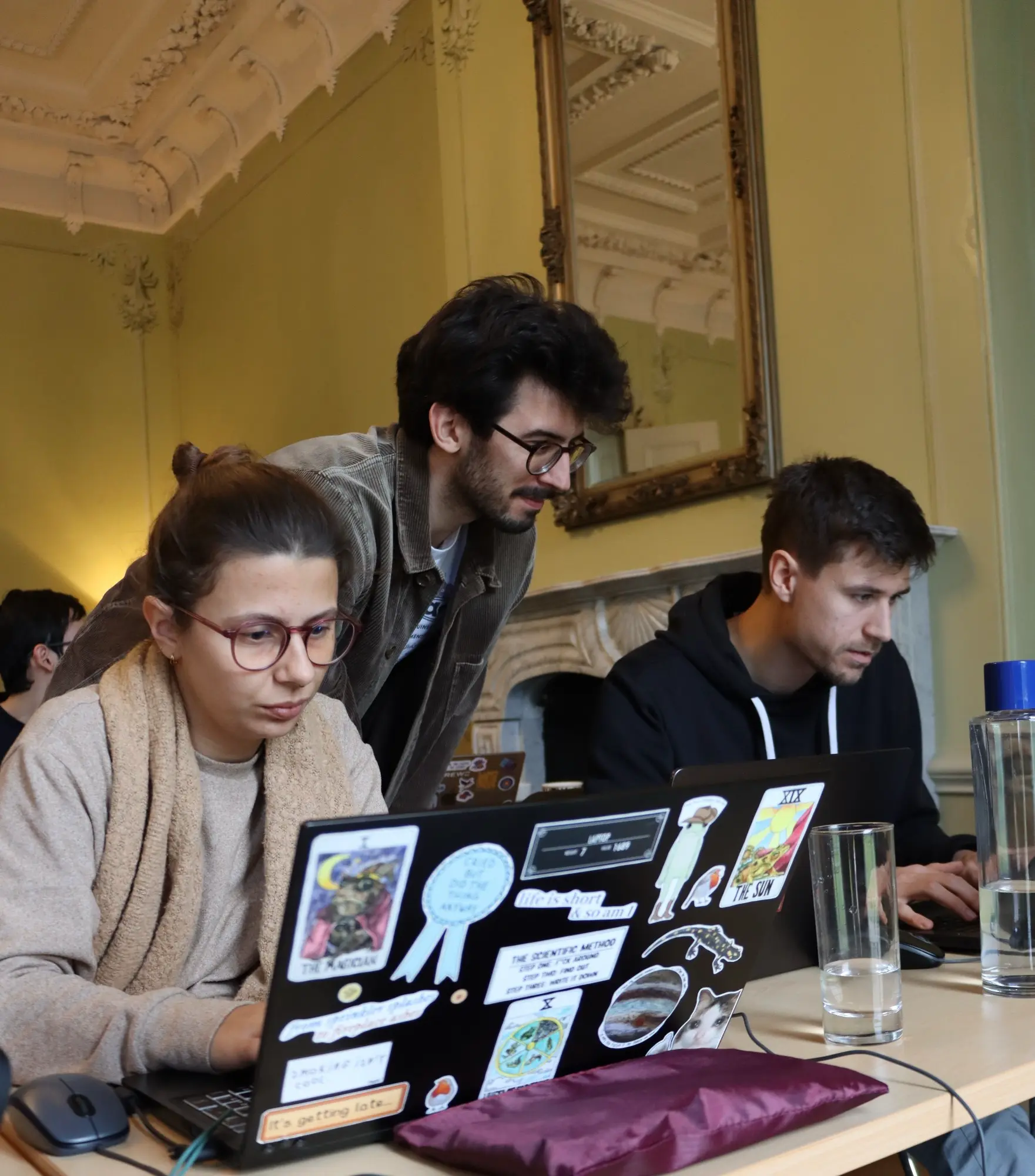
Two junior curators (Valéria Marques and Dominik Schmitz) working alongside Wellcome Sanger’s curation expert Danil Zilov during the workshop organised in Cambridge organised by COST Action 10KLepGenomes.
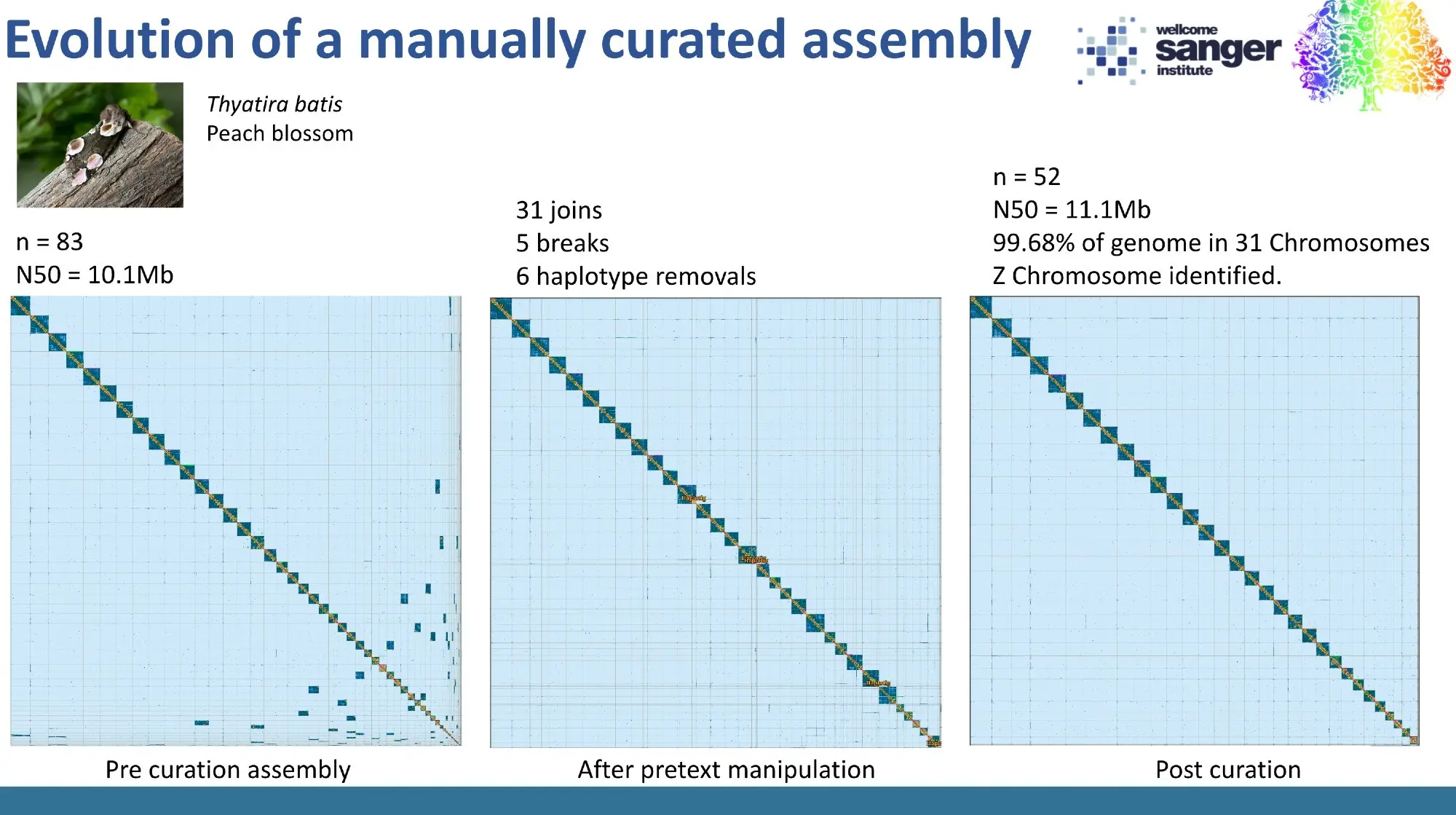
Visual summary of the evolution of a manually curated assembly — from raw, pre-curated data, to manual curation using Pretext software and, finally, the post-curated refined state.
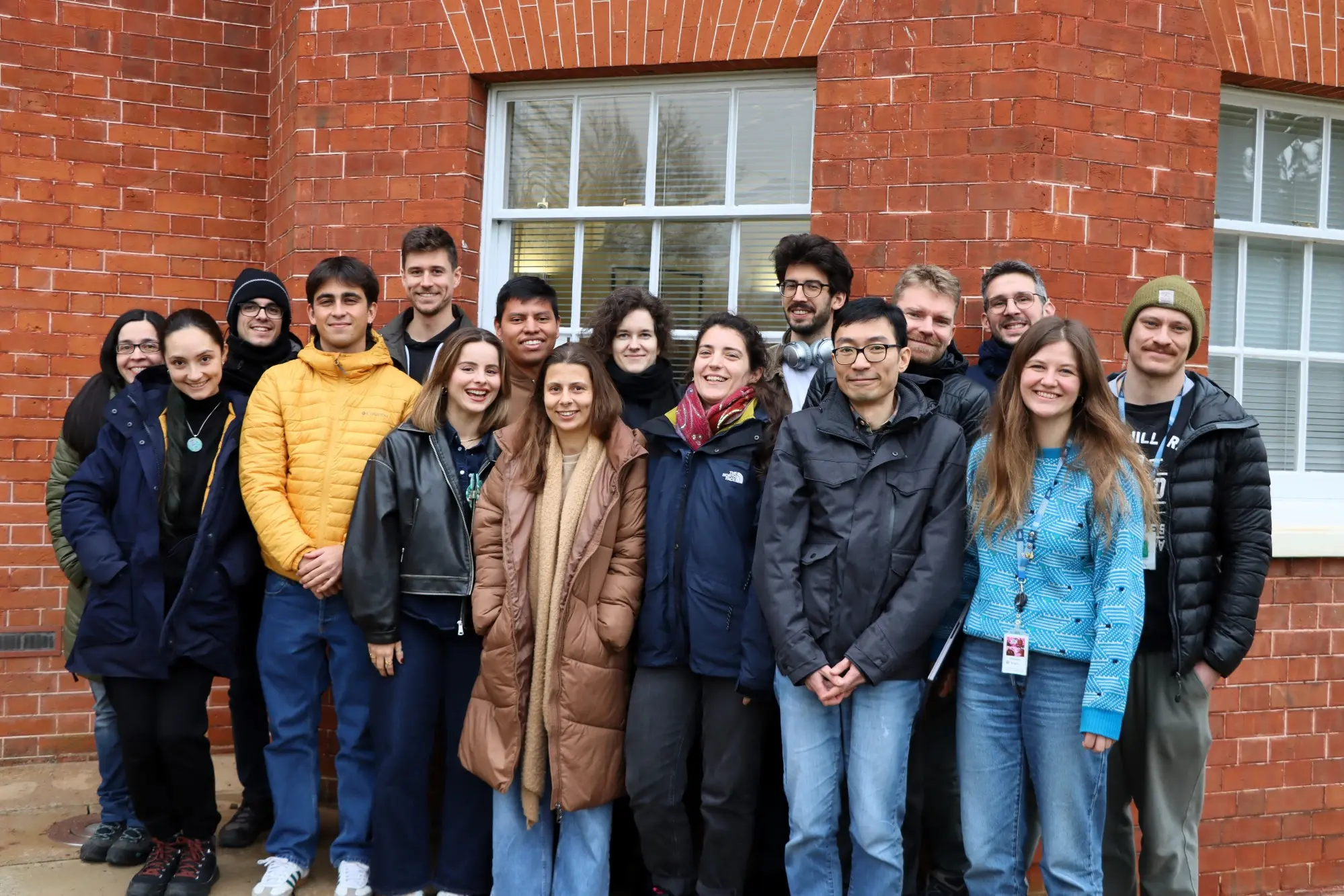
Group photo of the participants in the genome curation workshop organised in Cambridge by COST Action 10KLepGenomes. Charlotte Wright (organiser) Dom Absolon (expert curator), at the right side of the picture; Danil Zilov (expert curator), at the back.

Laure Inçaby and Franz Chandi, participants in the genome curation workshop organised in Cambridge by COST Action 10KLepGenomes in February 2025.
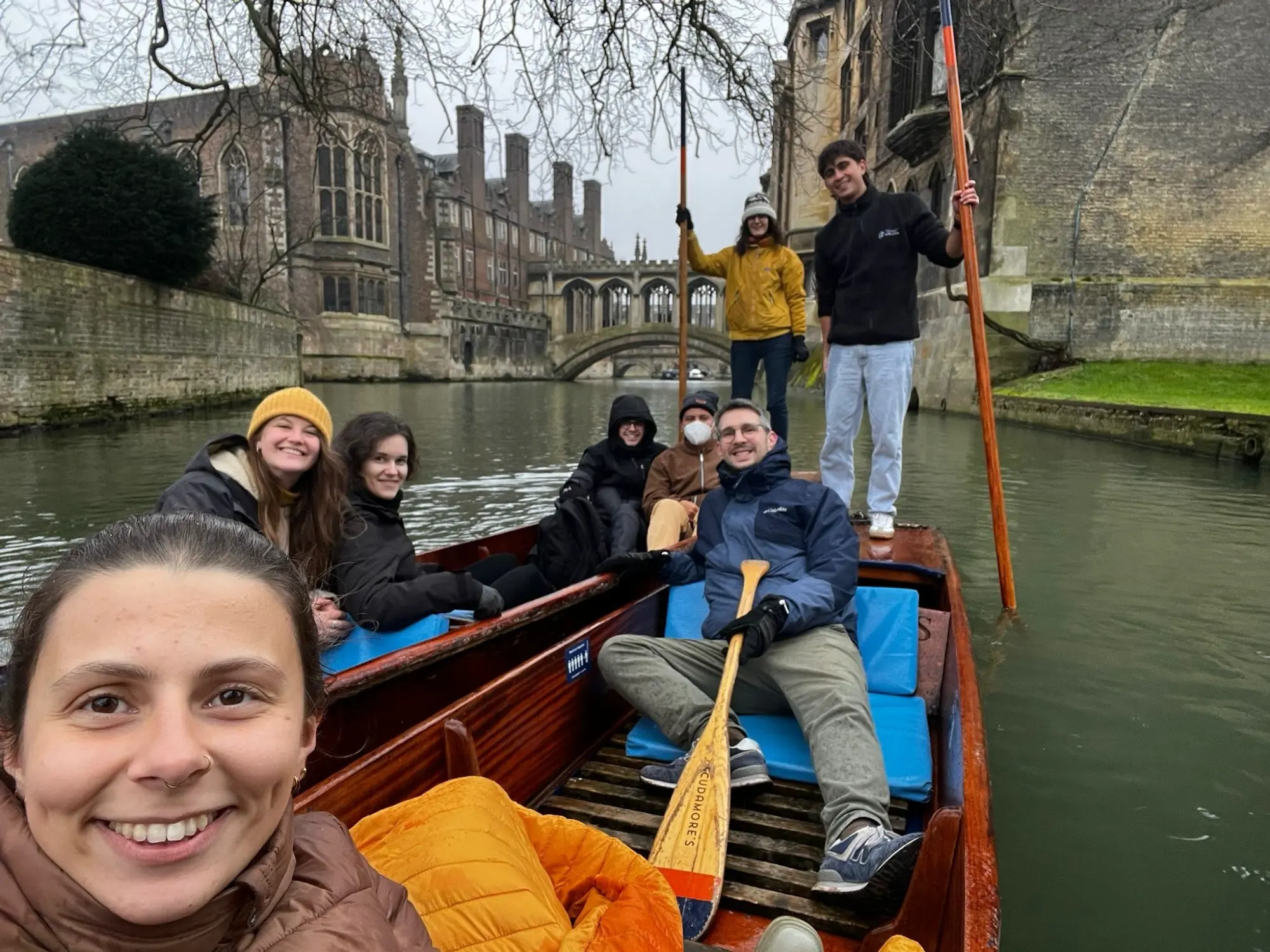
Attendees of the genome curation workshop enjoying punting in Cambridge.
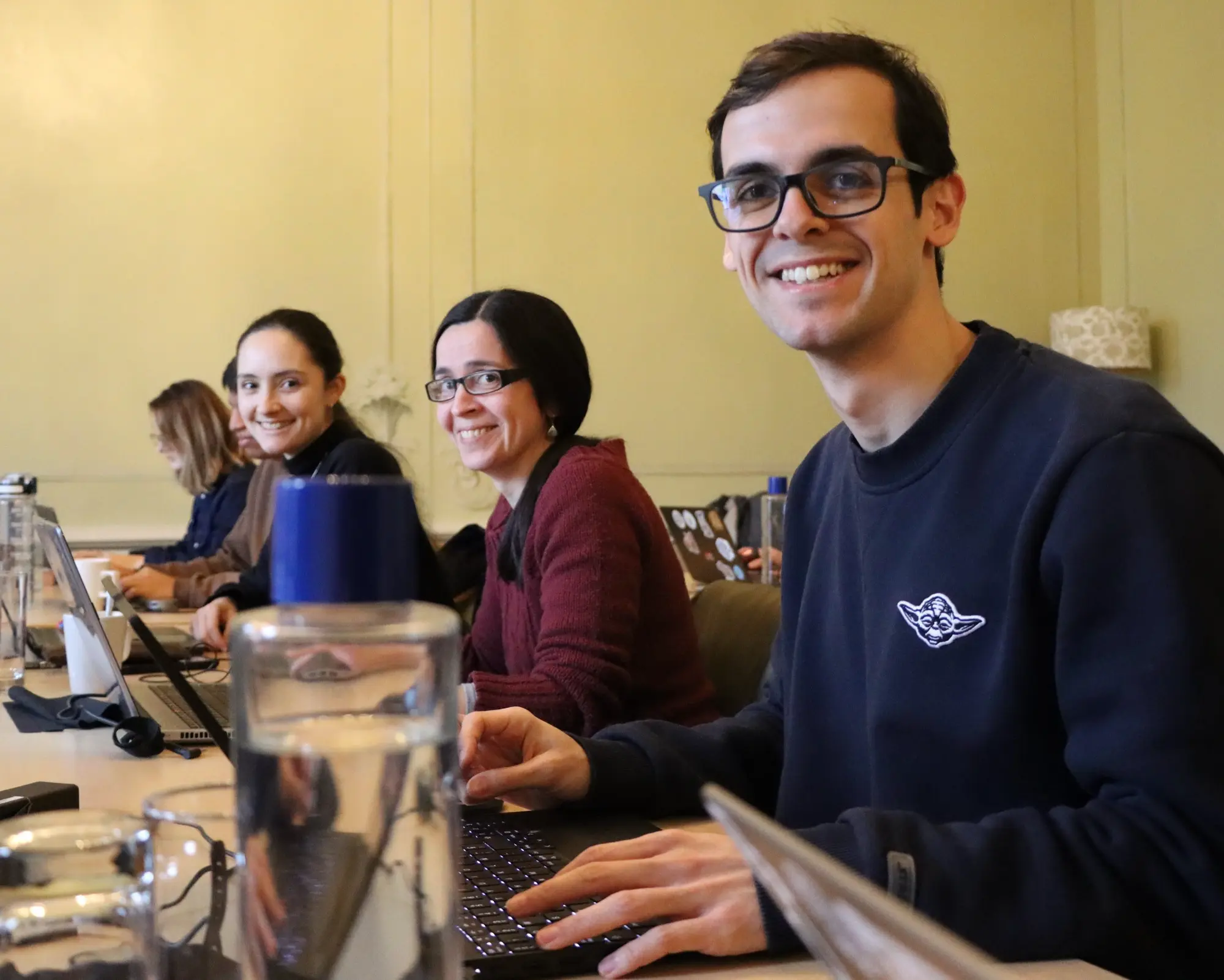
Eric Toro, Luisa Martínez and Laura Torrado, participants in the genome curation workshop organised in Cambridge by COST Action 10KLepGenomes in February 2025.